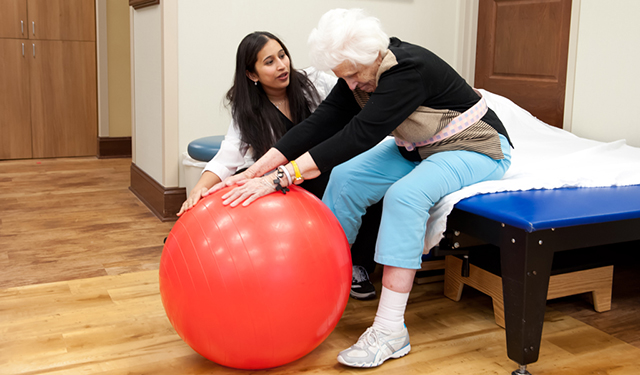The Crucial Effect of Strength Exercise on Enhancing Recovery and Effectiveness in Sports Rehabilitation
The Crucial Effect of Strength Exercise on Enhancing Recovery and Effectiveness in Sports Rehabilitation
Blog Article
Resistance conditioning holds a crucial role in athletic recovery, helping sportspeople recover from injuries and enhance their general performance. When an individual gets injured, their body requires time to recover. However, during this rehabilitation phase, it is essential to preserve power and flexibility to avoid additional injuries. Strength conditioning can be customized to suit the needs of each athlete, concentrating on particular muscular areas that may have been impacted by the injury. This targeted method not only aids in rehabilitation but also readies the individual to come back to their activity more robust than before.
One of the primary benefits of resistance conditioning in rehabilitation is its capability to enhance muscular strength and stamina. When muscular tissues are more powerful, they can better stabilize joints and reduce the chance of re-injury. For instance, an athlete recovering from a leg trauma can gain from exercises that strengthen the thigh muscles and hamstrings. These muscular tissues play a crucial part in stabilizing the knee articulation. By incorporating resistance training into their recovery program, individuals can regain their power more effectively and safely.
In addition to developing strength, resistance training also enhances mobility and range of movement. Many traumas can result to stiffness in the injured region, causing it challenging for athletes to navigate freely. Strength training workouts often involve extending check out here and lengthening the muscular tissues, which can assist restore mobility. For instance, incorporating weight straps or weights into stretching programs can enhance the efficacy of these workouts. As flexibility enhances, individuals can execute actions more efficiently, which is essential for peak performance in their sport.
Another important factor of resistance training in sports recovery is its beneficial effect on mental well-being. Healing from an trauma can be a difficult and frustrating experience for individuals. Participating in resistance training can provide a feeling of achievement and boost confidence. As individuals see improvements in their strength and abilities, they may experience more motivated to continue their recovery process. This mental boost can be just as crucial as the bodily benefits, as a positive attitude can result to better results in rehabilitation.
Finally, strength training can assist individuals move back to their activity more seamlessly. Once they have recovered their power and mobility, individuals need to practice activity-specific actions to ensure they are prepared for contests. Strength training can be combined with activity-specific exercises to create a holistic recovery program. This blend allows individuals to not only recover but also enhance their capabilities. By concentrating on both recovery and capabilities, resistance training becomes an crucial instrument in the recovery process, assisting individuals return to their sport more robust and more resilient.